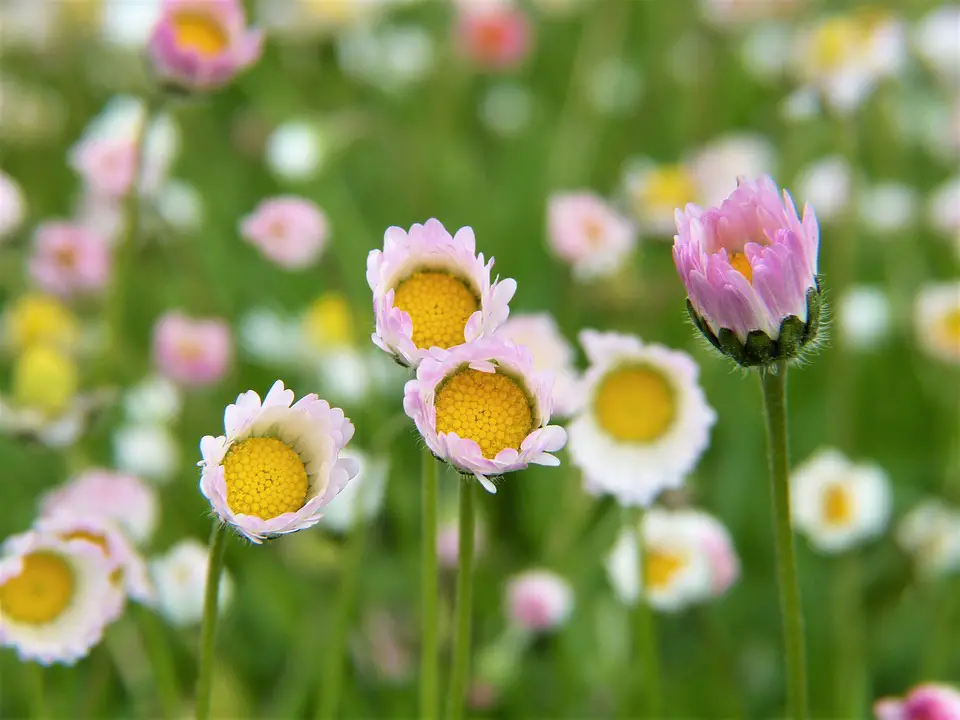Introduction
In today’s fast-paced world, more and more people are recognizing the importance of self-sufficiency and reconnecting
with nature. One way to achieve this is through the creation of edible gardens. Beyond their aesthetic appeal, these
gardens offer numerous benefits that go far beyond simply growing your own food. The joy of harvesting your own produce
and the sense of accomplishment it brings are immeasurable. This article explores the many advantages of edible gardens
and how they can enhance both our physical and mental well-being.
1. Promoting Healthy Eating Habits
With an edible garden, you have direct control over what you grow and consume. You can avoid harmful pesticides and
choose to grow organic, nutrient-rich foods. This promotes a healthier lifestyle by incorporating fresh fruits,
vegetables, and herbs into your daily meals. By consuming the produce you have grown with your own hands, you gain an
appreciation for the taste, quality, and nutritional value of the food you eat.
2. Connecting with Nature
Edible gardens serve as a gateway for individuals to establish a connection with nature. As you tend to your plants,
you become more attuned to the rhythms of the natural world. This engagement with the earth, sun, wind, and rain
instills a sense of calm and promotes mindfulness. The therapeutic benefits of spending time in the garden cannot be
underestimated, as it allows for a break from the stress and pressures of daily life.
3. Teaching Responsibility and Sustainability
Edible gardens also provide an ideal platform for teaching children about responsibility and sustainability. By
involving younger generations in the gardening process, they learn the value of hard work, patience, and the rewards
that come from nurturing a living thing. Understanding where food comes from and the effort required to produce it
fosters a sense of respect for nature and encourages more considerate consumption habits in the future.
4. Saving Money
Another advantage of edible gardens is the potential to save money. With grocery prices rising, growing your own food
can significantly cut down on your grocery bill. Additionally, you have the opportunity to grow herbs and spices that
are often expensive when store-bought. The initial investment in establishing an edible garden may seem daunting, but
it pays off in the long run as you reap the financial benefits of homegrown produce.
5. Reducing Environmental Impact
By growing your own food, you reduce your carbon footprint and contribute to a healthier environment. Commercial
agriculture often relies heavily on fossil fuels, pesticides, and excessive packaging. By participating in sustainable
gardening practices, such as composting and using natural pest control methods, you minimize the negative impact on
the environment and promote biodiversity in your backyard.
FAQs Section
1. How much space do I need for an edible garden?
The space required for an edible garden depends on the size and variety of plants you wish to grow. Even a small
balcony or sunny windowsill is enough to grow herbs and smaller vegetables in containers. If you have a larger yard,
consider dedicating a specific area for your garden to maximize your harvest.
2. Do I need any special gardening skills?
No special gardening skills are required to start an edible garden. Basic knowledge of gardening principles, such as
soil preparation, watering, and pest control, can be easily acquired through online resources or local gardening
groups. Experimenting and learning from your own experiences in the garden is part of the joy and growth process.
3. How long does it take to see results?
The timeline for harvesting your own food depends on the plants you choose to grow. Generally, herbs can be harvested
within a few weeks, while vegetables and fruits may take several months. The joy of watching your plants grow and
progress from seeds to harvest-ready plants is a rewarding experience in itself.
4. Are edible gardens only for those with a green thumb?
Edible gardens are for everyone, regardless of their gardening skills. With some patience, determination, and a
willingness to learn, anyone can successfully grow their own food. Start small with low-maintenance plants and
gradually expand your garden as you gain confidence and experience.
5. What are some easy plants to start with?
If you are new to gardening, some easy plants to start with include herbs like basil, mint, and rosemary, as well as
leafy greens such as lettuce and spinach. These plants are generally hardy, forgiving, and require minimal care. As
you gain confidence, you can explore more challenging plants and expand your edible garden.




